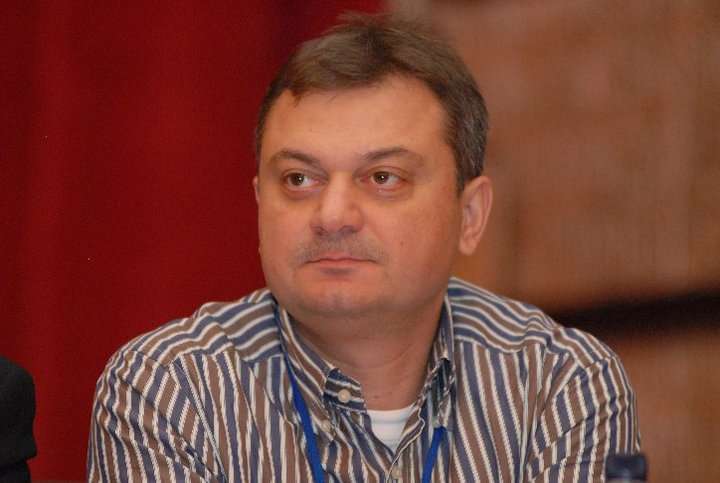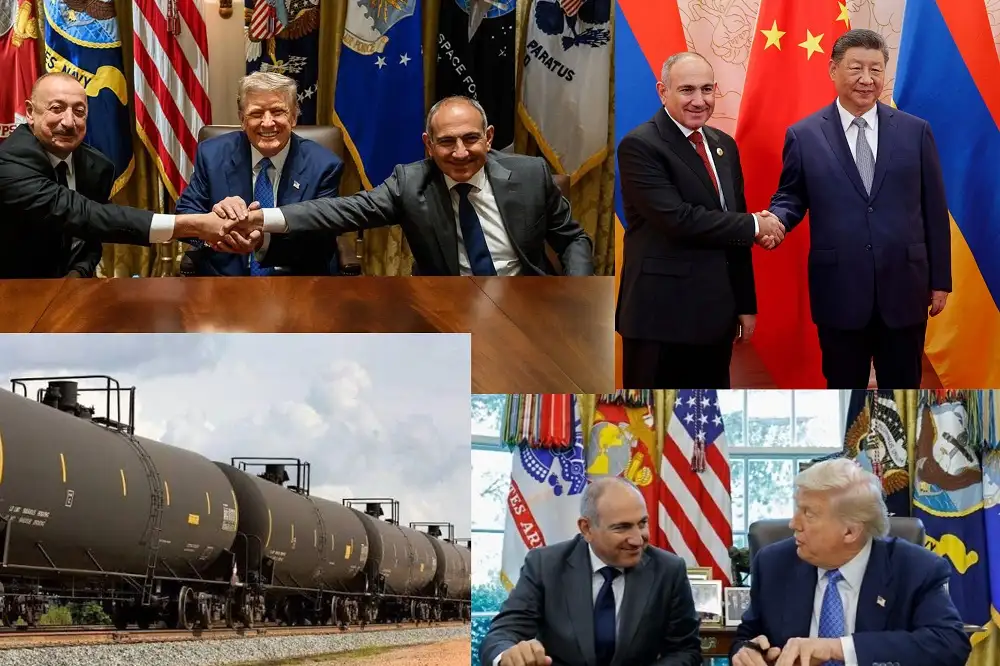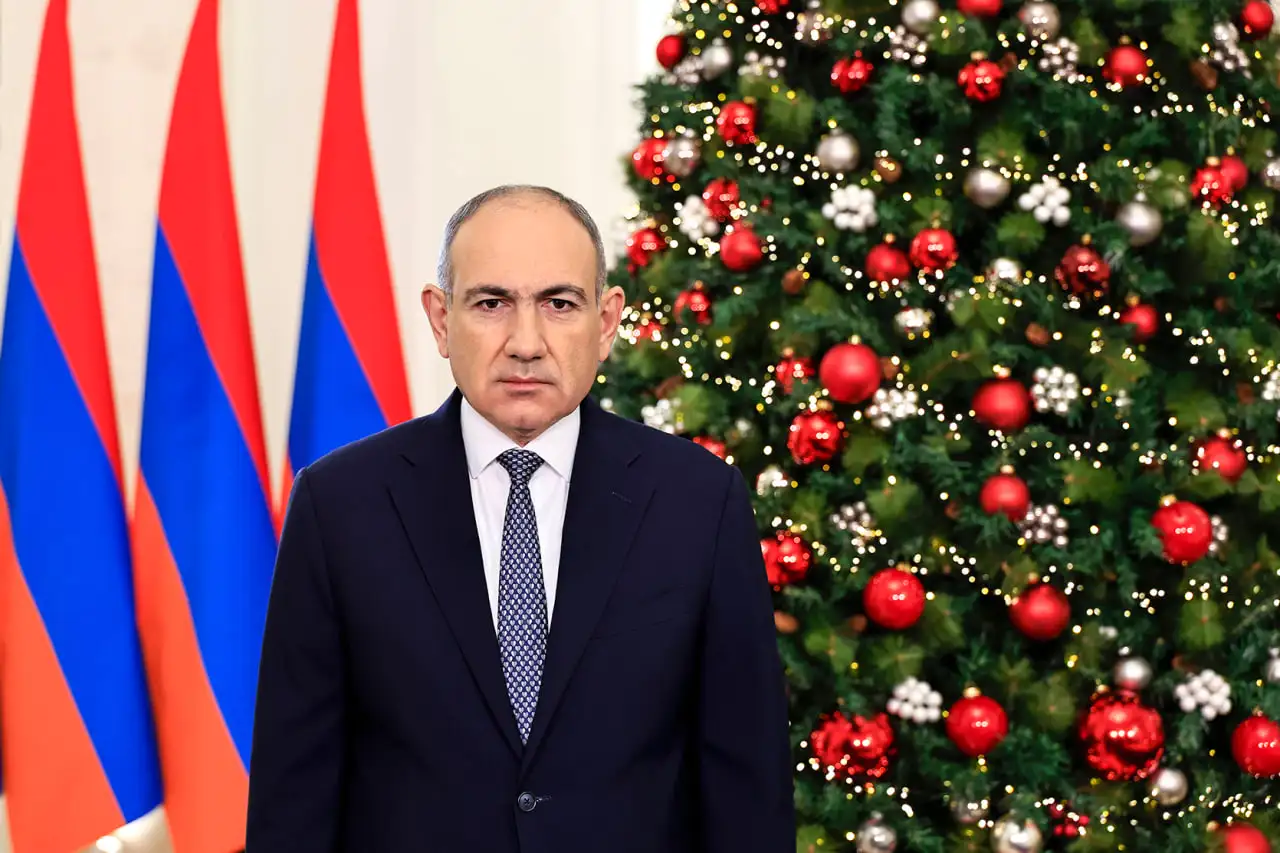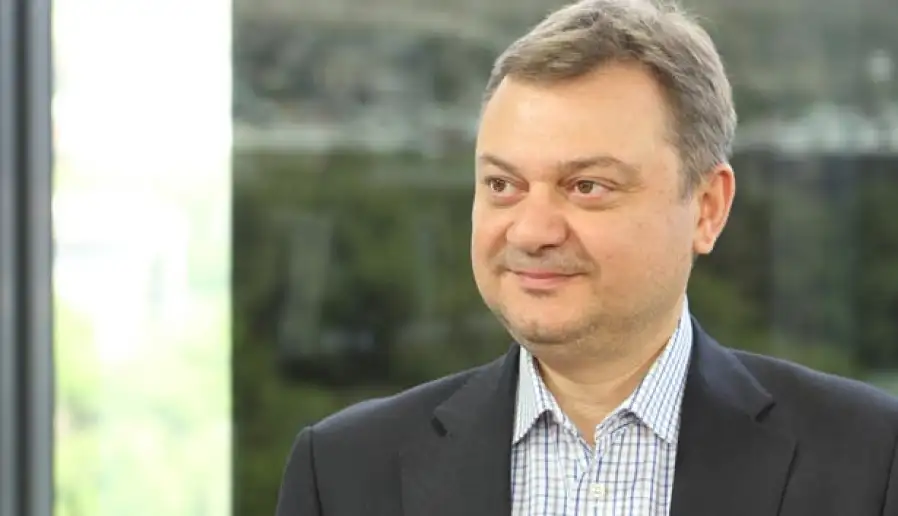Radar Armenia's interlocutor is Shahan Gantaharyan, an international scholar.
- The presidents of Russia and Azerbaijan met in Bishkek. The RA Prime Minister did not go to Bishkek. What kind of political gesture was this, and what consequences could it have?
- There are no official justifications for not going to Bishkek, but there are comparative parallels. In Granada, Armenia-Azerbaijan issues are discussed without the presence of Azerbaijan, now in Bishkek, without Armenia. You should notice the color difference. Aliyev announces that he is not going to Granada because France has taken a one-sided position. Of course, there were other motivating circumstances. And Yerevan still needs to explain why it does not go to Bishkek officially. The silent message is that the agreements reached with Moscow's mediation and guarantee are null and void, which is why another mediation format is needed.
- Aliyev said in the context of the RA Prime Minister not going to Bishkek. "The question arises: does Armenia want peace?" Is this not a direct threat of war or a warning to Armenia?
- The same question can be returned to Aliyev. If he doesn't go to Granada, does that mean he doesn't want peace? Here, the message is addressed to the Russian Federation, stressing that Baku only favors the Russian mediation. By and large, the Ankara-Moscow agreement should consider "Russian mediation or no mediation" at this milestone of the Azerbaijani game.
- President Aliyev of Azerbaijan has stated that if Armenia refuses the mediation of Russia, direct negotiations between the Foreign Ministers of Azerbaijan and Armenia may be an alternative. What does this mean that Azerbaijan does not recognize any platform other than the Russian platform, and the issue can be resolved exclusively on the Russian platform?
- It isn't a position of absolutely not accepting any petition. This is a declarative and tactical game. It is assumed that a meeting will be held in Brussels again. But there is a general tendency to push the West out. It is most visible in the context of 3+3, for the implementation of which the Turkish-Azerbaijani tandem has been revived.
- Russian Foreign Minister Lavrov stated that NATO promotes its interests in the South Caucasus through Armenia. How close are these claims to the truth, and, in general, how do you interpret this statement of his?
- Lavrov's claim is also a message to Ankara, a member of NATO. Moscow realizes that Ankara may have taken the role of a Trojan horse. Therefore, he warns that Moscow's relations with Ankara may deteriorate if Ankara "remembers" that it is one of the most important forces of NATO, which, in agreement with Moscow, is already present in the South Caucasus.
- What developments will the Palestinian-Israeli conflict have when the parties announce they will take severe action? Will this conflict continue for a long time?
- There are restraining factors so that the war does not break out and has no regional capacity. The main deterrents will be the USA on the one hand and Iran on the other. The first indicative subsoil of this is southern Lebanon, where limited clashes are registered. At this moment, there are no prerequisites for an outbreak.
However, the situation may change dramatically and get out of control if Israel conducts a ground invasion of the Gaza Strip. This will lead to the outbreak of other fronts. In that regard, the statement of the Iranian Foreign Minister is noteworthy that the opening of other fronts is not excluded if Israel continues its war crimes in Gaza.
Hayk Magoyan




















